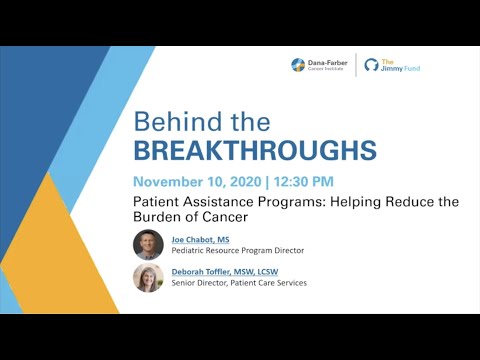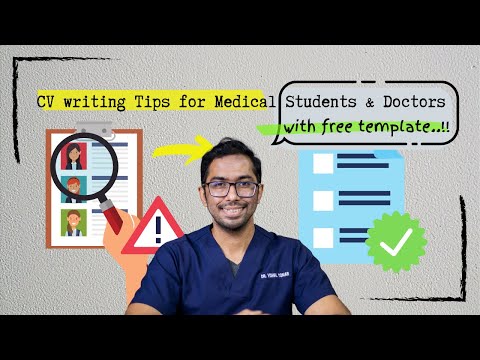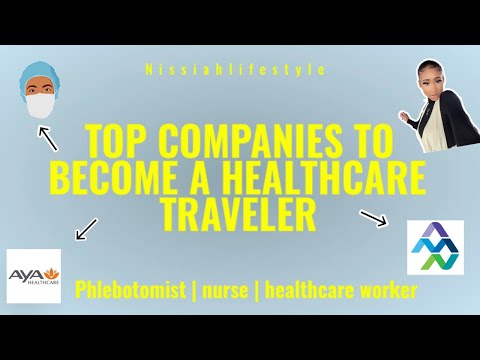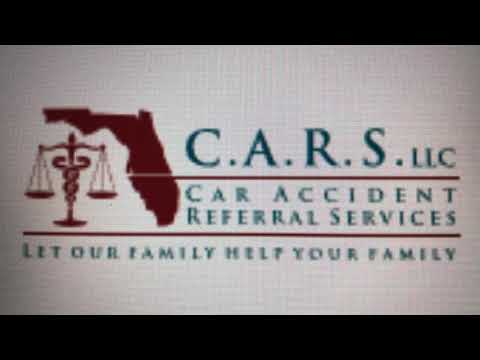Cancer Medication Assistance Programs You May Qualify For
Contents [show]
There are many cancer medication assistance programs available to help patients cover the cost of their treatment. Learn about some of the programs you may qualify for and how to apply.
Checkout this video:
What are cancer medication assistance programs?
Cancer Medication Assistance programs help people who can’t afford the high cost of cancer medications. There are many different types of assistance programs and each one has its own eligibility requirements. Some programs are run by pharmaceutical companies, while others are run by non-profit organizations or government agencies.
Some cancer Medication Assistance Programs will help pay for all or part of the cost of your medications, while others will provide you with free or discounted medications. You may also be able to get help with other costs associated with your medications, such as co-pays or insurance premiums.
To find out if you qualify for any cancer medication assistance programs, talk to your doctor or social worker, or contact the organizations listed below.
How can these programs help you?
If you or a loved one has been diagnosed with cancer, you know that the costs of treatment can be high. Cancer medications can be even more expensive. You may be worried about how you will pay for these medications.
Assistance programs may be able to help. These programs are offered by pharmaceutical companies, patient assistance foundations, and other organizations. They can help you pay for your cancer medications.
Not all assistance programs are the same. Some programs may cover all of the costs of your medication. Others may only cover a part of the cost. Some programs may have income requirements. Others may not.
It is important to find out if you qualify for an assistance program before you start paying for your medication out-of-pocket. You can do this by contacting the program directly or by asking your doctor or pharmacist for help.
Below is a list of some assistance programs that may be able to help you pay for your cancer medications:
-The Leukemia & Lymphoma Society’s (LLS) copay assistance program covers up to $500 per month for certain leukemia, lymphoma, and myeloma medications. To be eligible, patients must have insurance that covers their medication and must have a household income at or below 250% of the federal poverty level (about $62,000 for an individual).
-The National Organization for Rare Disorders’ (NORD) Rare Diseases Clinical Research Network offers co-pay assistance through its Co-Pay Relief Program for patients with life-threatening and ultra-rare diseases who cannot afford their insurance copayments. To qualify, patients must have insurance that covers their medication and must meet certain financial criteria set by NORD.
-The Patient Advocate Foundation’s (PAF) Co-Pay Relief Program covers co-payments, coinsurance, and deductibles for FDA approved medications relating to chronic, debilitating, and life threatening diseases such as cancer. To qualify, patients must have insurance that covers their medication and must meet certain financial criteria set by PAF.
What are the eligibility requirements for these programs?
Cancer medications can be extremely expensive, so many patients and their families turn to assistance programs to help offset the costs. There are many different programs available, each with its own eligibility requirements. In general, patients must meet the following criteria to qualify for assistance:
– Be a US citizen or legal resident
– Have a household income at or below a certain level
– Be diagnosed with cancer
– Be undergoing treatment for cancer
Some programs may have additional requirements, so it’s important to check with the specific program you’re interested in to see if you meet all the eligibility requirements.
What type of assistance can you expect from these programs?
There are many organizations that offer assistance to cancer patients, and the type of assistance varies depending on the program. Some programs may offer financial assistance while others may offer emotional support or access to resources.
It is important to note that each program is different, and not all programs will offer the same type or level of assistance. Some programs may have income requirements, while others may be open to all cancer patients. It is important to research each program carefully to ensure that it is a good fit for your needs.
Here are some examples of the types of assistance that may be available through cancer medication assistance programs:
-Financial assistance for prescription costs
-Co-pay assistance
-Financial assistance for transportation costs
-Emotional support
-Access to resources
How do you apply for these programs?
There are many cancer medication assistance programs available to help cover the cost of cancer treatment. Here is a list of some of the programs that you may qualify for:
-The National Cancer Institute’s (NCI) Cancer Information Service (CIS) can assist you in finding cancer medication assistance programs. The CIS can be contacted at 1-800-4-CANCER (1-800-422-6237).
-The Partnership for Prescription Assistance (PPA) provides a single point of access to more than 475 public and private patient assistance programs. To see if you qualify for any assistance programs, visit their website or call their toll free number at 1-888-477-2669.
-The RxAssist Patient Assistance Program Database provides information on more than 4,000 patient assistance programs. To search their database, visit their website or call their toll free number at 1-866- RxAssist (1-866-797-2747).
What is the process for getting approved for assistance?
There are many organizations that offer assistance to cancer patients with the cost of their medications. The process for getting approved for assistance varies by organization, but there are some common steps.
First, you will need to contact the organization and provide them with some basic information about yourself and your cancer diagnosis. You may be asked to provide medical records or other documentation. Once the organization has this information, they will review your case and determine if you qualify for assistance.
If you qualify, you will be asked to sign a contract agreeing to comply with the terms of the assistance program. These terms may include things like using only the prescribed medication, taking only the recommended dosage, and attending follow-up appointments. Once you have signed the contract, you will begin receiving assistance with paying for your medication.
It is important to note that each organization has different eligibility requirements, so not everyone will qualify for assistance. However, there are many programs available, so it is worth exploring your options to see if you can get help paying for your cancer medication.
What are the benefits of using these programs?
There are many cancer medication assistance programs available to help patients afford their treatments. These programs can offer copay assistance, free or discounted medications, and help with insurance premiums. Some programs are specific to certain types of cancer, while others are general assistance programs that can help with any type of cancer.
Cancer medication assistance programs can be a great resource for patients who are struggling to afford their treatments. These programs can offer copay assistance, free or discounted medications, and help with insurance premiums. Some programs are specific to certain types of cancer, while others are general assistance programs that can help with any type of cancer. Patients should check with their doctor or social worker to see if they qualify for any assistance programs.
Are there any drawbacks to using these programs?
There are a few potential drawbacks to using cancer medication assistance programs. First, it is important to remember that these programs are designed to help patients who cannot afford their medications, not those who simply want help paying for them. As such, there may be eligibility requirements that limit the program’s usefulness to some patients.
Second, while most cancer medication assistance programs do provide significant financial assistance, they may not cover the full cost of a patient’s medication. This means that patients may still have to pay a portion of the cost out-of-pocket, which could be a significant financial burden.
Finally, it is worth noting that cancer medication assistance programs are run by both government agencies and private organizations. While most programs are well-run and provide much-needed assistance to patients, there have been some instances where cancer medication assistance programs have been found to be corrupt or mismanaged. As such, patients should research any program they are considering using before enrolling to ensure that it is reputable and will meet their needs.
What are some common questions about these programs?
Cancer medications can be very expensive, and many people have trouble paying for them. There are various assistance programs available to help people with the cost of cancer medications, but the eligibility requirements and application process can vary depending on the program. Here are some common questions about cancer medication assistance programs:
-What are the eligibility requirements for these programs?
-How do I apply for assistance?
-What type of assistance can I receive?
-How long does it take to get approved for assistance?
Each program has its own specific eligibility requirements, so it is important to research each one thoroughly before applying. The application process also varies from program to program, so it is important to follow the instructions carefully. Assistance can come in the form of grants, loans, or direct financial assistance. The amount of time it takes to get approved for assistance also varies depending on the program.
Where can you find more information about these programs?
If you’re struggling to afford cancer medication, you may be able to get help from assistance programs offered by pharmaceutical companies, nonprofit organizations, or government agencies. Here’s where you can find more information about these programs.







